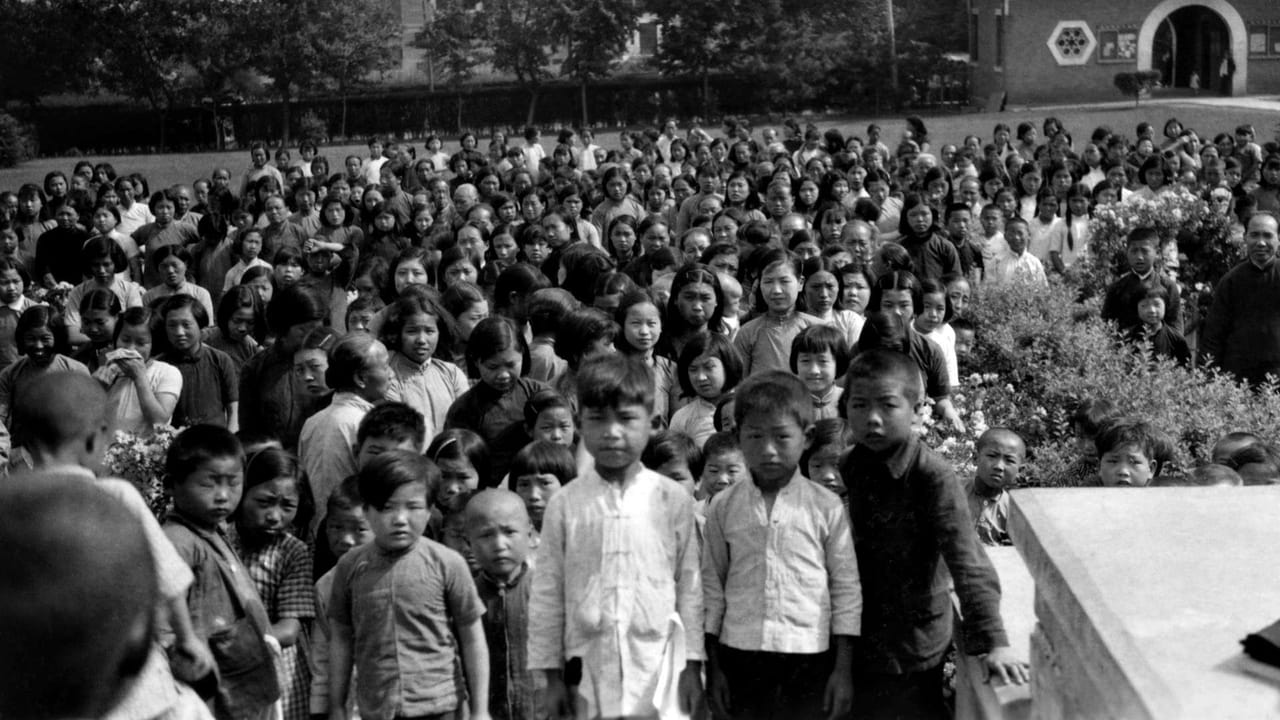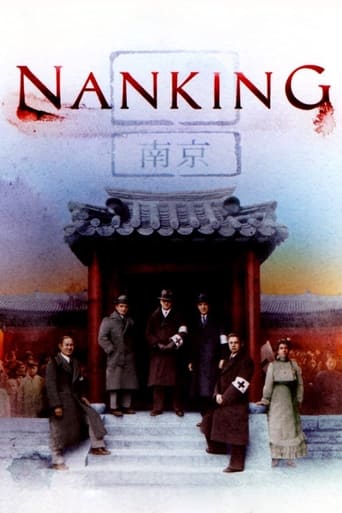

It was during the American Civil War that the Truth was driven home like a wooden stake through a vampire's heart: target the civilian population, engage in a "scorched earth" policy, and you'll shorten the war. But has it ever been otherwise? History suggests it's always been the norm. Not long ago, I watched a documentary about a photographer who had gone to Africa and returned with some of the most horrific photos imaginable. There were the usual atrocities, drought, etc.,- but the most shocking photo, which turned out to have been recorded on video as well, showed a human being literally reduced to skeletal proportions crawling slowly along a dirt road. One couldn't help but feel for the man... and then the documentary revealed that this man and other members of his tribe had butchered and beheaded and dismembered all the members of another tribe... the tribe that had been responsible for farming and providing food for everyone in the region. When the U.$. invaded Afghanistan, Afghanistan was said to be "the POOREST country on Earth." "The enemy creates a desert," someone says in the documentary NANKING, "and calls it Peace." Also in NANKING, we're told that those Chinese with Money and Means were able to avoid the horrors visited on the rest of the population- "the poorest of the poor," who couldn't AFFORD to flee (Katrina, anyone?). It's ironic, indeed, that one of the Chinese benefactors was a devout Nazi sympathizer; ironic, too, that it was the United $tate$ itself that supplied the Japanese with war supplies. The Japanese strategy in Nanking was summed up by "the three Alls: Kill All, Burn All, Loot All." (The exact same strategy employed by the U.$. in The American War- in Vietnam...) Says one missionary: "During this time, we really felt that we were contending with the powers of evil." ("Axis of Evil," anyone?) "I can see little indication of God," one wrote. (And these writings, as powerful as they are, are somehow LESS powerful when read by Actors so very far removed from the Reality; better it had been a narrator- or at least Actors kept off-camera.) It was indeed infuriating to see the unrepentant old Japanese war criminals fondly recalling the atrocities they committed (see the documentary THE ACT OF KILLING to see this kind of jerking come full circle) and some of the revelations about their depredations were truly startling- for instance, that they raped young BOYS when young Girls weren't available... and the (eye-witnessed) act of NECROPHELIA. (Did you know that General Patton left Nazi guards on duty at some of the "liberated" concentration camps during World War Two? How's THAT for a War Hero? Gung Ho Gung Ho Gung Ho...) As for the Japanese, they just "wanted no witnesses."
... View MoreIt is a shame that the "Rape of Nanking" is not more widely known, and it is - quite frankly - equally a shame that there are still a lot of apologists who try to deny that the Japanese Army would have done such a thing, or that the horror was exaggerated. I've done enough reading and research on this subject to find it impossible to excuse the Japanese soldiers who participated or to deny that the events occurred. That is historical revisionism at its worst and most offensive. And, yes, war crimes have been committed by all sides in all wars, but to use that as an excuse to criticize this documentary for being biased is ridiculous. This documentary seeks to lay out the facts of the events that occurred when the Japanese occupied Nanking, China in 1937. Why it should make reference to what the Americans have done in Guatemala (or any other example of war crimes) is beyond me. That's like saying that you can't make a documentary about the great boxer Joe Louis without making mention of Mike Tyson. The subject matter is related, but one story isn't at all relevant to the other.This is emotionally wrenching stuff. It's a pretty simple format. Directors Bill Guttentag and Dan Sturman use diaries, letters etc. written by Westerners living in Nanking during the occupation as the basis for the documentary. Those westerners (and some Japanese and Chinese) are portrayed by actors (most notably Woody Harrelson, Mariel Hemingway and Jurgen Prochnow) with actor Mark Valley acting as a sort of narrator. There are also accounts offered by some of the Chinese who survived the atrocities. These are woven together by actual film footage of what happened, and it all adds up to something that sometimes sickens the viewers as we hear the accounts of innocent Chinese men, women and children being bayoneted and shot, along, of course, with the heartwrenching accounts of girls as young as 10 being savagely raped by Japanese soldiers. The Japanese slogan "Burn All - Kill All - Loot All" was very appropriate, and yet perhaps even too gentle in comparison to what actually happened. One account in particular - offered by a Chinese survivor who described the horrific deaths of his mother and baby brother - made me need to pause this and take a break. That rarely happens to me. I was also taken aback by the testimony of one of the Japanese solders (now an old man) who spoke about what had happened and who seemed to be chuckling as he described the rapes, and who admitted that it shouldn't have happened, apparently because - in his words - "if both of them aren't into it, what's the point." That was the extent of his remorse? That "both of them weren't into it?"This is also inspiring, though. It's basically a tribute to those westerners who tried to set up a "Safety Zone" in Nanking, where Chinese refugees could come for safety and medical care and where the westerners did everything they could (not always successfully) to keep the Japanese troops out. It was a strange group of westerners, made up mostly of American missionaries and Nazi businessmen, who joined together and worked together because of their disgust for what they observed. Especially interesting among these folks - to me at least - was the story of John Rabe, a Nazi businessman who seems to have believed in the goodness of Hitler and who believed Hitler would want to help. As the eventual fates of the westerners are revealed, we're told that when he finally returned to Germany he sent a letter and films of the carnage to Hitler with a request for help, only to find himself arrested by the Gestapo for his efforts. We're then told that he was arrested by the Soviets after the war and ultimately found himself in dire poverty, only to be helped by the citizens of Nanking, who sent him money because they remembered his kindness to them and his efforts on their behalf. In a way, Rabe resembles the "Oskar Schindler" of China. And yet, westerners aren't described or portrayed as glamorous. The ones this movie is dedicated to are given a deserving tribute, but the disinterest of their governments in what was happening is noted, especially with the word "the world stood silent."The Japanese invasion of China was really for all intents and purposes the beginning of World War II, since it became a significant battleground in the War that we usually think of having begun with the Nazi invasion of Poland in 1939, but it often gets little historical attention. This documentary helps to fill in that gap. It is truly superb. (10/10)
... View MoreNearly seven decades after what was deemed one of the most despicable and inhumane acts ever inflicted by Man on fellow men, the issue of 'the rape of Nanking' has neither been justifiably debated nor has it been sufficiently brought to rest. The spectres of the massacre still live among us, refusing to be appeased. The next couple of years will see a spate of documentaries and feature films depicting one way or another on the subject. Nanking is the first to tackle the issue, its aim to separate fact from fiction. Nanking allows us to view the horrendous events in chronological order, an effective method that is both clear and concise. Using first-hand accounts of survivors as well as real footages of war crimes committed, viewers get a bitter taste of what's like during arguably the darkest period in modern Chinese history. The subject matter remains overwhelmingly depressing, despite the efforts of the filmmakers in introducing another aspect of the Nanking story – great Westerners who banded together in a successful bid to save as many Chinese from intolerable suffering as possible. Nanking could have been an influential film; however it lets itself down in crucial areas – narrative technique and pacing. Using actors to impersonate the above-mentioned heroes by gathering them together in a room to account for their experiences of the Nanking massacre is a bad move by the filmmakers. It loses its credible touch even before the final third and with the combination of poor pacing, results in a documentary that's one of the weakest of 2007. No doubt it's an important and timely film, but I would rather have Michael Moore anytime. GRADE: C+ (www.filmnomenon.blogspot.com) All rights reserved.
... View MoreI watch movies for two reasons: to be entertained, and to be informed. This is one of the most informative movies that I have ever seen.The actions of the Japanese soldiers in 1937 as they invaded China was on a par with many of the atrocities that we have seen in our lifetime in Bosnia, Darfur, etc. It is a story that will stick with you for a long time.This is the story of a handful of foreigners who stayed behind as others fled and tried to save as many Chinese as they could. They saved over 250,000 by setting up a safe zone. Another 200,000 were killed and 20,000 women, between 12 and 60, were raped by the Japanese soldiers.The Japanese killed all young men just because they may be soldiers. They gang raped every night as many women as they could. It was an atrocity that clearly shows the level to which soldiers go in time of war. It is easy to commit these heinous crimes when you look upon the enemy as gooks, or nips, or chinks.A powerful film that should be seen by everyone.
... View More